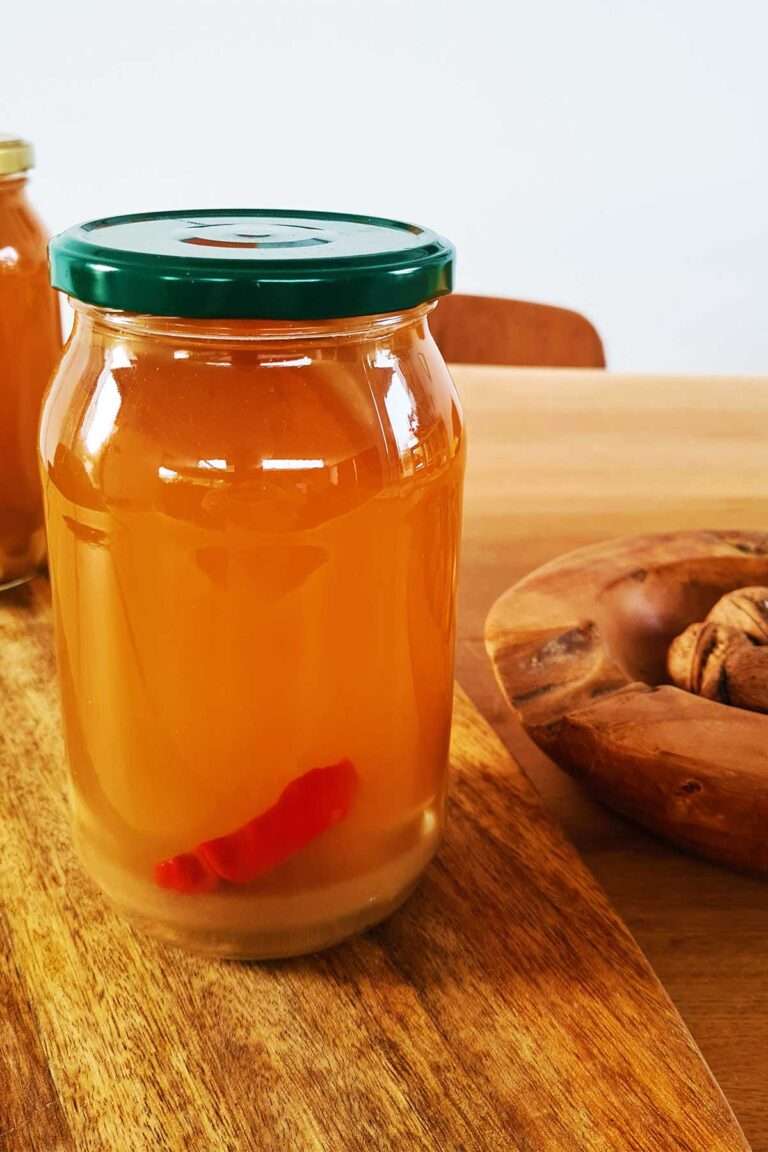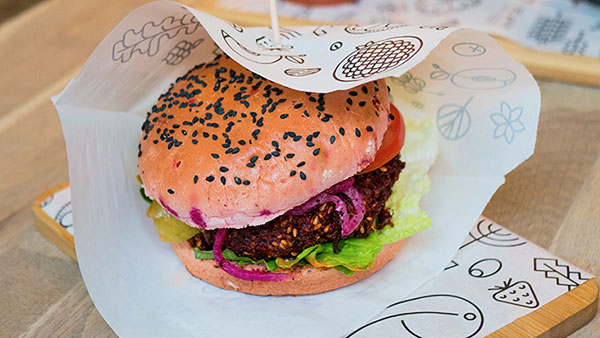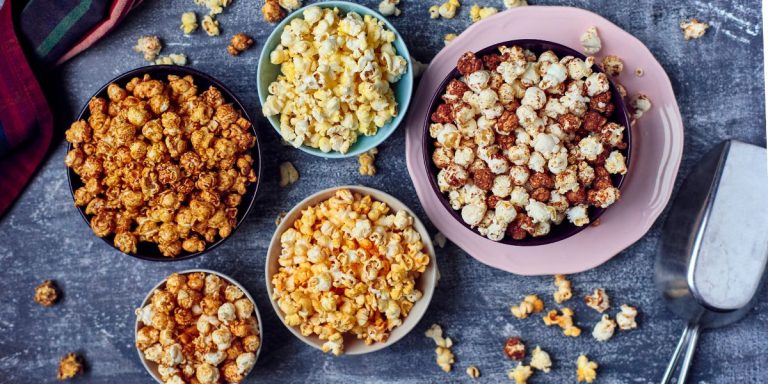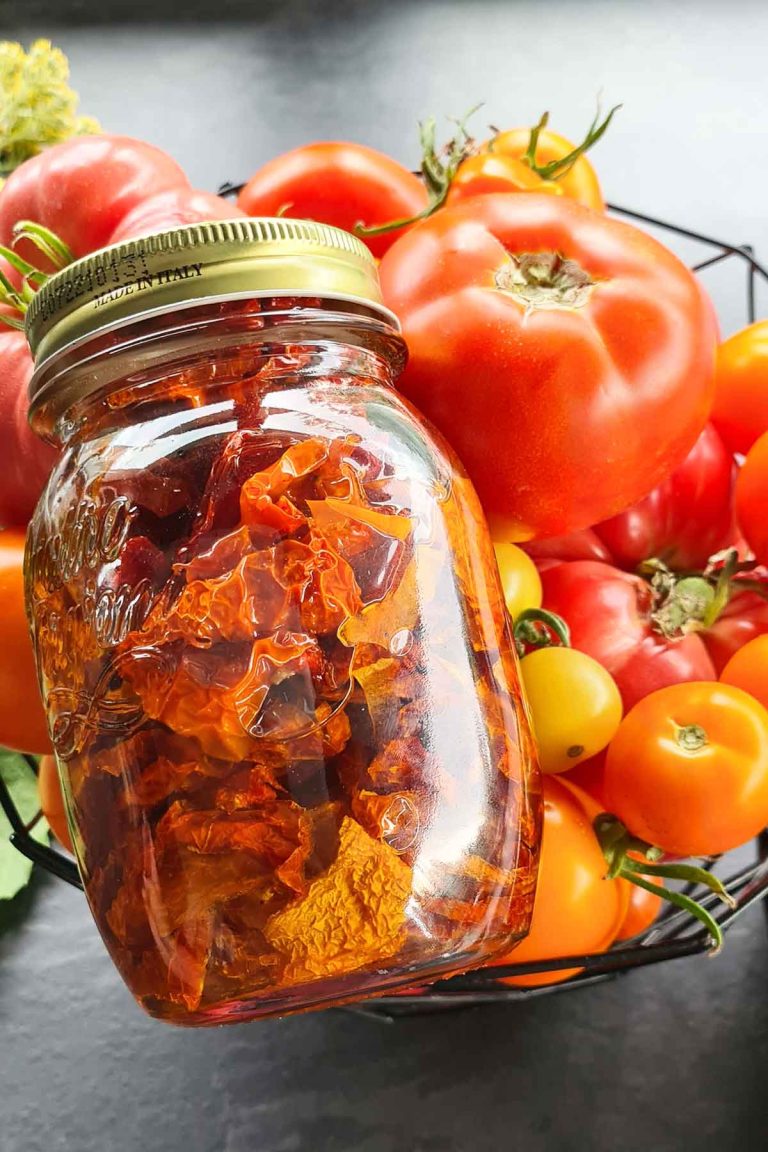What Helps with Digestion? Tips and Tricks
Explore these actionable tips on what helps with digestion and learn how to enhance gut health and promote overall well-being.
Digestion is a fundamental bodily process that enables the breakdown of food into essential
nutrients for energy and overall well-being. The health of your digestive system plays a crucial
role in your overall health, affecting energy levels, nutrient absorption, and even immune
function. By comprehending what helps with digestion and implementing effective strategies,
you can promote a healthy gut and enjoy enhanced vitality.
How can you promote healthy digestion?
Mindful Eating: A Fundamental Approach
The practice of mindful eating can significantly impact digestion. Taking the time to savor and
chew your food thoroughly aids digestion. When you eat slowly and mindfully, your body can
signal when you’re full, preventing overeating and reducing the risk of discomfort. This simple
approach allows your digestive system to work efficiently by breaking down food into smaller
particles that are easier to process.
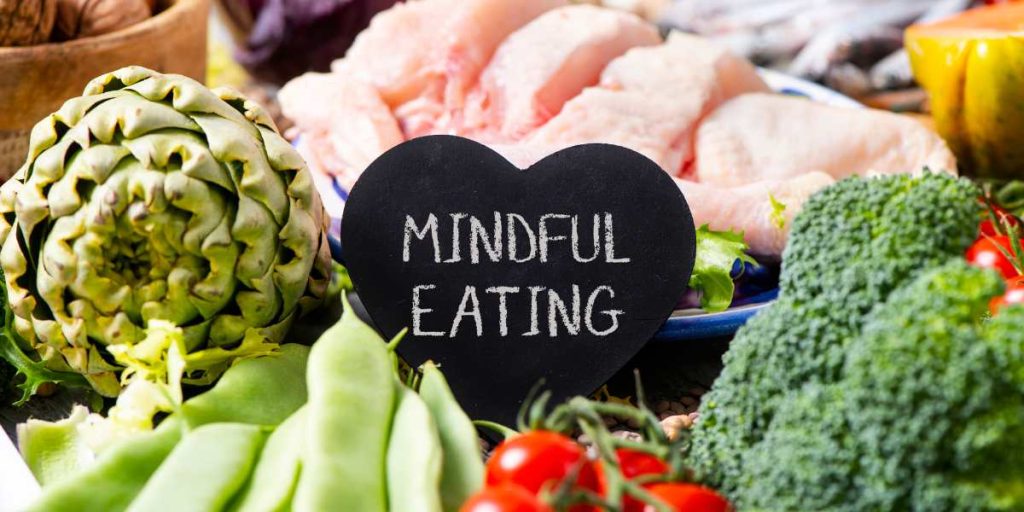
The Role of Hydration
Staying properly hydrated is paramount for digestive health. Water supports the production of
digestive enzymes that break down food. Drinking water between meals rather than during
meals can prevent the dilution of stomach acids, ensuring effective digestion. Proper hydration
also helps maintain the elasticity of the digestive tract, promoting the smooth movement of food
through the system.
Embrace a Fiber-Rich Diet
A diet rich in dietary fiber has numerous benefits for digestion. Fiber adds bulk to stool,
promoting regular bowel movements and preventing constipation. Whole grains, fruits,
vegetables, legumes, and seeds are excellent sources of fiber. The insoluble fiber in these
foods adds texture to stool and helps move it through the digestive tract, contributing to overall
gut health.
Harness the Power of Probiotics
Probiotics are beneficial bacteria that reside in your gut and support digestion. Incorporating
probiotic-rich foods like yogurt, kefir, sauerkraut, kimchi, kombucha and miso can enhance the balance of
gut bacteria. These live cultures aid digestion by stimulating the breakdown of food and
absorption of nutrients. Probiotics also play a role in stemming digestive issues such as
bloating, gas, and irritable bowel syndrome.
Stress Management and Digestion
Stress can have a profound impact on digestion. High-stress levels can usher digestive
discomfort, bloating, and altered bowel habits. Stress-reduction approaches such as deep
breathing, meditation, yoga, and regular exercise can help manage stress levels and support a
healthy digestive system. You create an environment conducive to effective digestion by
keeping stress in check.
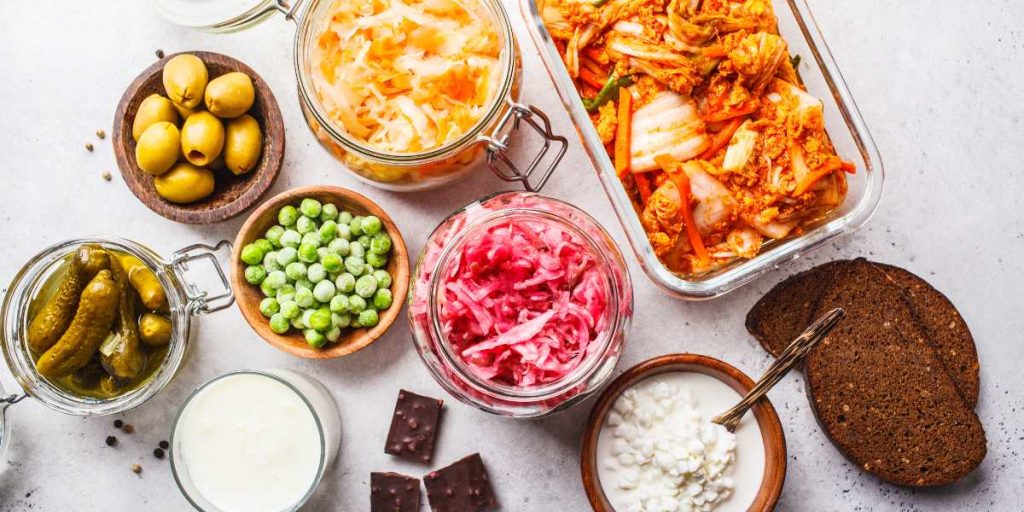
Opt for Small, Balanced Meals
Throughout the day, eat smaller, more balanced meals rather than one big, hefty one.
Consuming fewer meals keeps your energy levels steady and prevents your digestive system
from being overloaded. You can bypass energy slumps and maintain a healthy digestive tract by
controlling blood sugar levels.
The Soothing Effects of Herbal Teas
Certain herbal teas have been traditionally used to soothe digestive discomfort and promote
healthy digestion. Ginger tea can alleviate nausea and aid digestion, while peppermint tea may
help relax the gastrointestinal tract muscles, reducing spasms. Chamomile and fennel teas are
also known for their calming and digestive benefits, making them excellent choices after meals.
Avoid Trigger Foods
Some foods can trigger digestive discomfort, especially if you have sensitivities or intolerances.
Spicy, greasy, and heavily processed foods are common culprits. Pay attention to how your
body reacts to different foods and limit your consumption of trigger foods to promote optimal
digestion.
Regular Exercise for Digestive Wellness
By boosting gastrointestinal tract muscular contractions, regular exercise promotes digestion.
Maintaining a healthy weight through exercise is also good for digestion and general well-being.
Exercises that don’t strain the body, like running, yoga, or light walking, can help your digestion.

Proper Food Combining
Some people uncover that certain food combinations are easier on their digestive system. For
instance, separating proteins and starches during meals may stem bloating and discomfort.
Experiment with different combinations to identify what works best for your body and digestion.
Chewing: The First Step of Digestion
Chewing your food thoroughly is an often overlooked but essential aspect of digestion.
Adequate chewing breaks down food into smaller particles, increasing the surface area for
enzymes to act upon. This initial step in the digestive process eases the workload on your
stomach and small intestine, leading to more efficient nutrient absorption.
Embrace Prebiotic Foods
Prebiotics are non-digestible fibers that operate as food for beneficial gut bacteria. Foods like
garlic, onions, leeks, bananas, and asparagus are rich in prebiotics. Enclosing these foods in
your diet nourishes the gut bacteria that contribute to proper digestion and general gut health.

Timing of Liquid Intake
It’s advisable to avoid excessive liquid intake while eating. Drinking large amounts of liquids
during meals can dilute stomach acids, potentially hindering the breakdown of food. Aim to
hydrate before or after meals to maintain the digestive environment required for optimal nutrient
absorption.
Natural Digestive Aids
Several herbs and spices have been traditionally used to alleviate digestive discomfort. Ginger,
for instance, possesses anti-inflammatory properties and can help relieve indigestion.
Peppermint and fennel are known for easing bloating and promoting healthy digestion.
Incorporating these natural remedies into your diet can relieve occasional digestive issues.
Avoid Eating Before Bedtime
Eating shortly before bedtime can lead to indigestion and disrupt your sleep. Aim to finish your
last meal of the day a few hours before sleeping. This allows your body ample time to digest the
food properly and prevents discomfort while you rest.
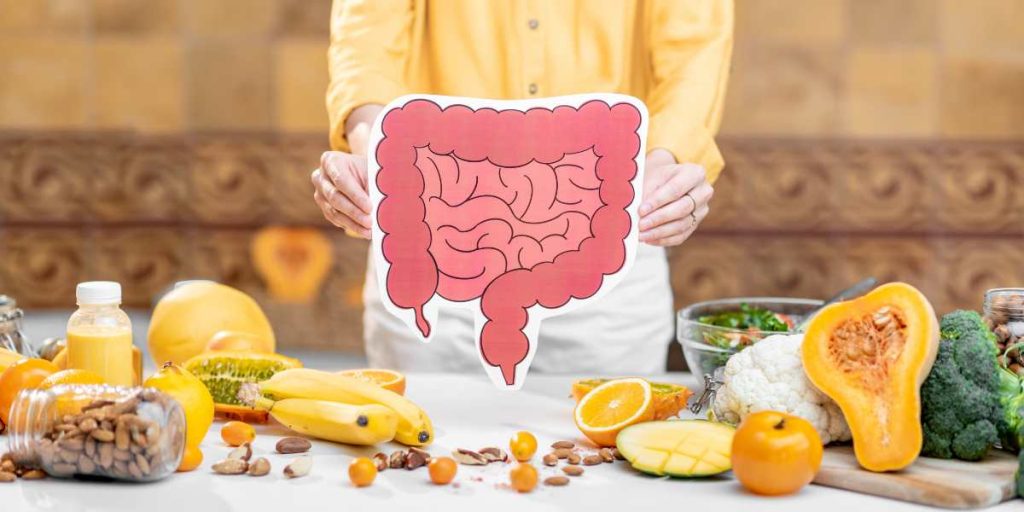
These tips and tricks can contribute to optimal digestion and overall gut health. Remember that
every individual is unique, and finding the best strategies for your body is key. By making
mindful eating choices, staying hydrated, consuming a fiber-rich diet, and incorporating
probiotics, you can create a favorable environment for efficient digestion. Stress management,
proper food combination, regular exercise, and natural digestive aids all play a role in
maintaining digestive wellness.
Prioritizing your digestive health leads to enhanced nutrient absorption, increased energy levels,
and greater overall well-being. Additionally, if you’re seeking personalized guidance on creating
a balanced diet tailored to your needs, consider consulting experts such as registered dietitians
or nutritionists. Their knowledge and experience can help you make informed dietary choices
that support digestion and your long-term health goals.
If you make this, please leave a review and rating if you liked this recipe! ★★★★★

